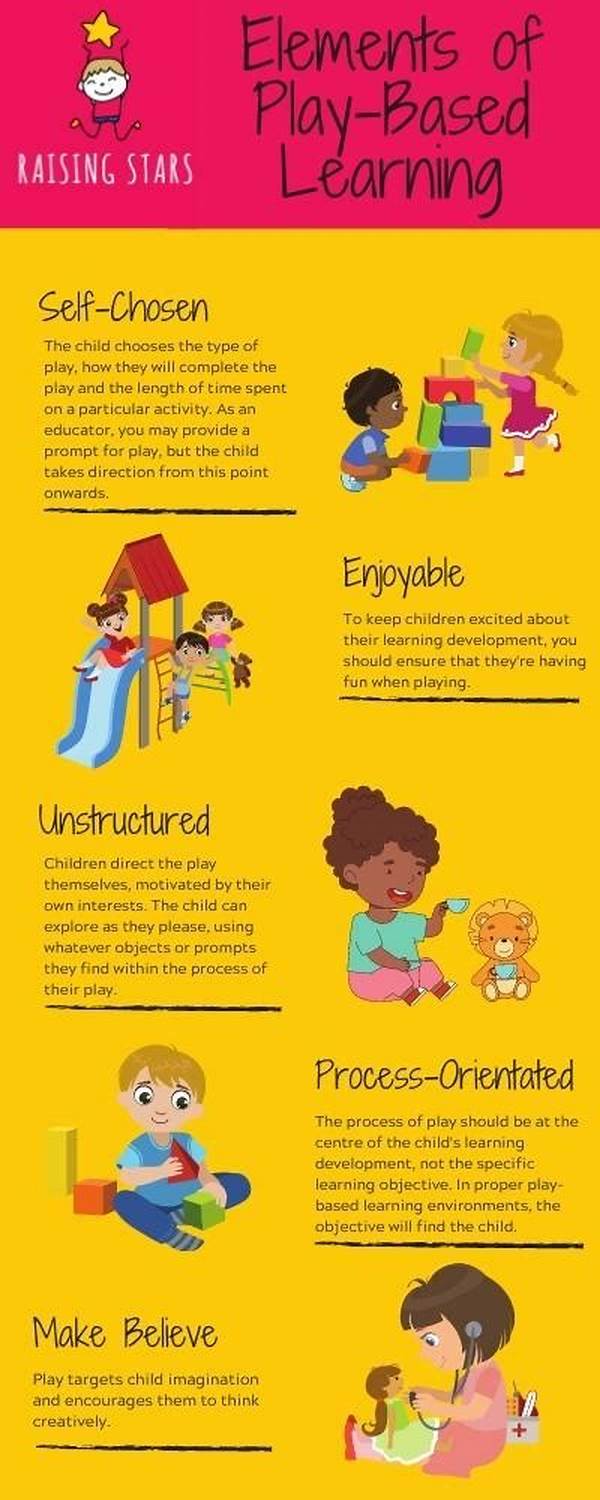Once upon a time, in a world not so far away, tiny heroes were embarking on their mighty quests of learning and discovery. Armed with toys, imagination, and endless curiosity, these little champions were diving into the universe of words through the magical realm of play-based learning. This is a tale of wonder, laughter, and the powerful secrets of vocabulary unlocked by the joy of play.
The Magic of Play-Based Learning
In a land filled with puzzles, blocks, and whimsical games, play-based learning for early vocabulary was the magic potion transforming mere sounds into meaningful words. As kids giggled and gallivanted through their playful adventures, they unknowingly mastered the art of language. Through playing make-believe, building castles, and solving playful riddles, children discovered new words organically. This secret formula, wrapped in fun, spurred their tiny brains to thrive in the world of vocabulary. Play-based learning for early vocabulary wasn’t just a technique; it was an epic saga of discovery where every toy became a teacher, and every game a new lesson. Kids were not just learning; they were living stories enveloped in laughter and creativity, proving that the best learning happens when you don’t even realize it’s happening.
Slang: The Cool Cat of Language Learning
1. Through play-based learning for early vocabulary, kids become little chatterboxes, picking up new lingo faster than a cheetah on roller skates.
2. Playing is like brain yoga; it stretches those neurons, making vocab stick like peanut butter on toast during play-based learning for early vocabulary.
3. Play-based learning for early vocabulary? It’s like giving a turbo-boost to your kid’s word wizardry, all done while having a blast.
4. Ever seen little ones in play-based learning for early vocabulary? It’s like watching vocabulary popcorn pop—words flying everywhere!
5. Dive into play-based learning for early vocabulary, and you’ll find kids spouting phrases cooler than a cucumber in an icebox.
The Playful Path to Word Wizardry
Picture this: a room buzzing with energy as toy blocks become skyscrapers, and every cardboard box turns into a spaceship. It’s here, amid this playful chaos, that play-based learning for early vocabulary works its magic. Kids huddle in circles, role-playing superheroes, pirates, or storekeepers, absorbing words like sponges. Each game, each story, and each giggle creates a tapestry of vocabulary that grows bigger and brighter with every playdate. Their learning isn’t confined to desks or chalkboards; it’s a vibrant tapestry woven through laughter and imagination, fostering a vocabulary rich in color and creativity. In this enchanted playground, the boundaries of learning fade, leaving only the thrill of the next big word adventure.
Slang Lingo: Play-Based Vocabulary Unleashed
1. Play-based learning for early vocabulary is like giving your brain a vocab elevator ride.
2. Kids in play-based learning picking up words? They’re like sponges in a word rainstorm.
3. Imagine vocab learning as a wild treasure hunt, powered by play-based learning for early vocabulary.
4. The playground of words becomes a vocab-party through play-based learning.
5. With play-based learning for early vocabulary, language becomes as fun as a carnival ride.
6. It’s a whirlwind of words spinning through the magic of play-based learning.
7. Play-based learning makes vocab sprout like wildflowers in a child’s imagination.
8. Think vocab learning needs a desk? Think again with play-based learning!
9. Words jump like popcorn when play-based learning is in the mix.
10. Play-based learning is the VIP ticket to the vocabulary expressway.
Play and Words: The Dynamic Duo
In the vibrant world of play-based learning for early vocabulary, every play session becomes an epic tale of exploration. With laughter as their soundtrack, children embark on their linguistic voyages. Imagine toddlers grabbing word-building blocks akin to little wordsmiths, creating sentences that stack up as high as their block towers. The fusion of play and language learning becomes the ultimate dynamic duo, conquering the complexities of communication with ease and joy.
But wait, there’s more! Within this magical play-scape, every tickle, tumble, and toy becomes a vocabulary catalyst. Play-based learning for early vocabulary transforms ordinary toys into extraordinary teaching tools. From teddy bears to toy cars, each item speaks a language, guiding tiny adventurers through the fascinating world of words. And while the children revel in this joyous journey, their vocabulary blossoms, turning new words into lifelong companions.
Final Words on Playful Learning
In the grand symphony of play-based learning for early vocabulary, the euphoric laughter of children forms the melody, while their expanding vocabulary creates the harmonies. As the sun sets on another day of fun-filled learning, these little language explorers lay down for a good night’s sleep, with dreams full of words and phrases they can’t wait to use. Play-based learning seeds the fertile grounds of their imagination, paving the way for a future rich in linguistic expression.
Ultimately, play-based learning for early vocabulary is not just a teaching method; it’s a love story between a child and language. It is a testament to the marvels of learning through play, proving that the best lessons are those taught with love, laughter, and a whole lot of fun. Here’s to many more adventures in the playful world of words, where the only limit is the horizon of imagination itself.
